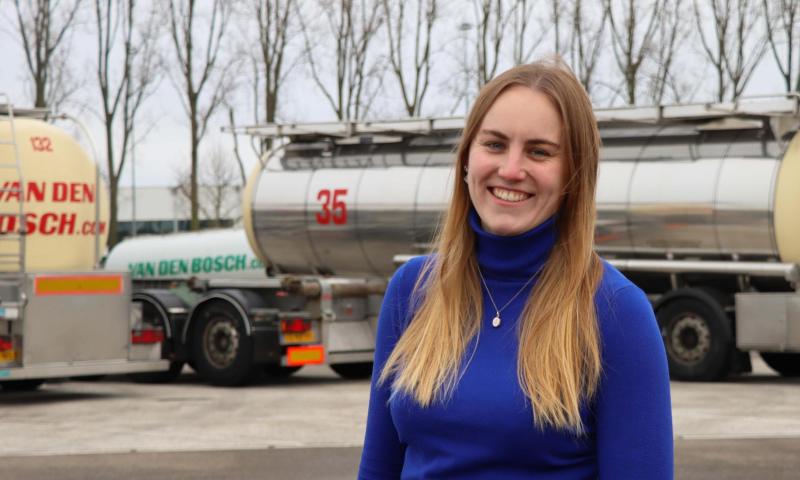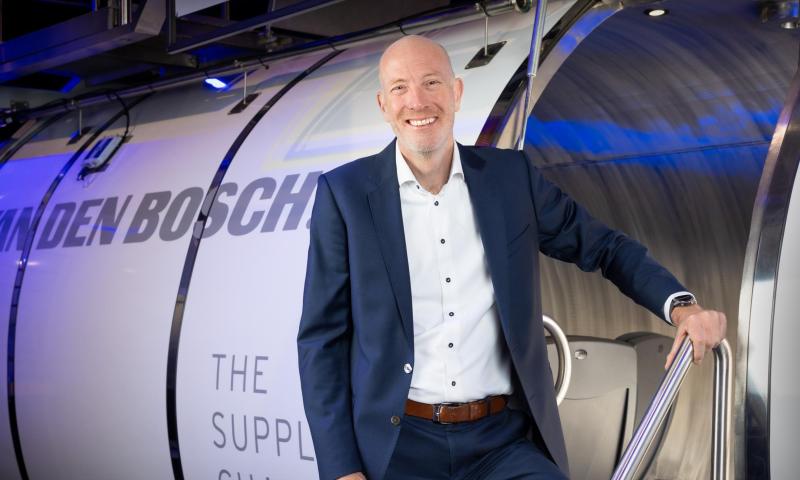Market Insights
"The challenges ahead are great, but so are the opportunities"
Column by Thom van Egmond, Chief Financial Officer
Geopolitical shifts are forcing Europe's logistics industry to rethink its supply chains. With tension between the US and the rest of the world spiking following the recent trade tariffs imposed by the Trump administration, the risks of dependence on economic powerhouses such as the US and China are now more evident than ever. The key to a future-proof Europe lies in innovation, cooperation and investment in self-sufficiency, but what actual steps can we take to get there?
Global supply chains are on the eve of drastic change. To be less dependent on imports, Europe needs to invest in its own production and strategic stock management, requiring structural improvements within the European economy - improvements we can only make by working together. For years we have lagged behind in innovation and economic growth, but the time to catch up is now. Not only will this bolster European independence, but the large-scale investments involved will also create opportunities for our industry. We need to be alert to the challenges ahead and anticipate what needs to be done.
Investing in technology
With the Clean Industrial Deal, an alternative to the Green Deal, European companies appear to have finally been given the space they need, with many companies seeing their reporting and monitoring obligations melt away. Will this slow down the march towards greater sustainability? I don't think so. The Clean Industrial Deal will help cut red tape, not stymie green innovation. Let's use that time and money efficiently and invest in innovation to make Europe a serious competitor.
Investing in technology will prove key. Landmark recent developments such as AI, cloud computing, digital search and advertising services, social media and mobile phones have one thing in common: they are all American innovations. By investing in digitisation and smart planning systems now, the logistics industry can work more efficiently, respond rapidly to chain disruptions and become self-sufficient.
Collaboration
To optimise infrastructure, we will have to work together more closely. To get there, drafting uniform legislation is a key first step. Fragmented regulations and poor infrastructure, especially for rail transport, complicates streamlined logistics operations in Europe, but unambiguous policy, clear legislation and cost harmonisation, particularly for energy, will create a level playing field. With these changes, European transport can become more efficient, more economical and more sustainable.
Strengthening the EU economy
Mario Draghi's report on the future of EU competitiveness highlights the need for structural reforms and investment to strengthen the European economy. Draghi calls for a coordinated approach to fiscal policy measures, a significant increase in annual investment and relaxation of antitrust laws - essential measures to strengthen European integration and boost economic growth. For the logistics sector, this would open up countless new opportunities, through the development of renewable energy, digitalisation and improved cooperation within the EU.
Europe's logistics industry finds itself at a crossroads. By investing in European manufacturing, renewable energy, digitalisation and collaboration, the industry can support a more resilient and independent economy, which we will desperately need in order to be cost-efficient and remain truly competitive. The challenges ahead are great, but so are the opportunities.




-crop-800x480.jpg)


